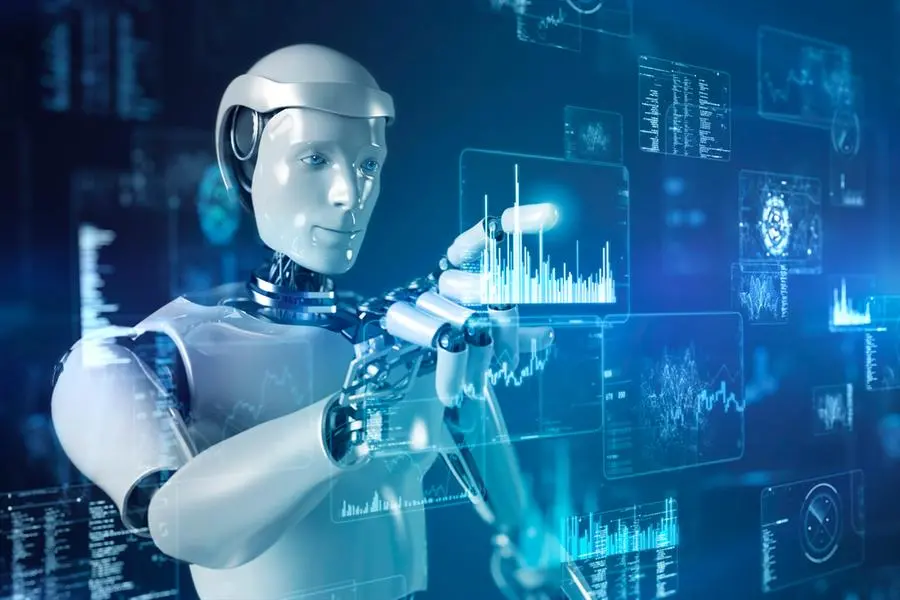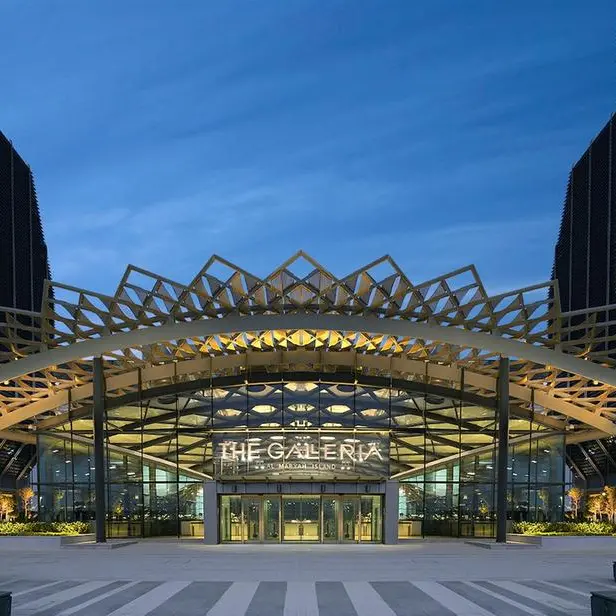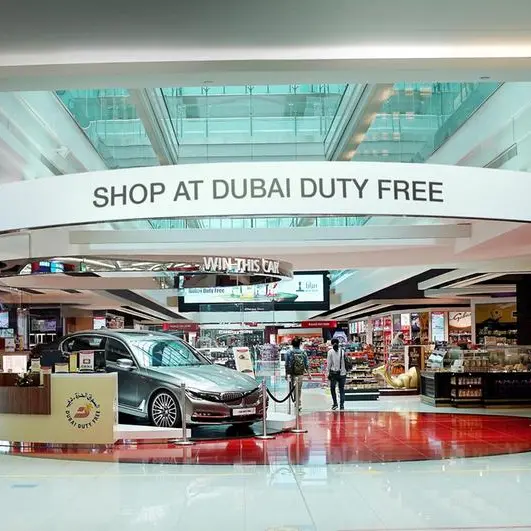PHOTO
Nearly six in 10 retailers plan to adopt artificial intelligence (AI), machine learning (ML) and computer vision (CV) technologies over the next year to enhance the shopping experience offered within stores and online.
According to a new survey by Honeywell retailers see this new technology as complementing and enhancing their workforce and not eliminating jobs.
“In the Middle East’s fast-developing retail environment, there is greater attention on the customer experience along with increased need to innovate in a hyper-competitive environment,” said Minda Xu, Vice President and General Manager for High Growth Regions, Safety and Productivity Solutions.
Personalised experiences
“New technologies like AI, ML and CV have the potential to enable retailers to deliver personalised experiences, optimise operations, improve inventory management and prevent fraud – all of which enhance customer satisfaction and can lead to increased sales and profitability.”
The Middle-East retail industry is forecast to grow at a CAGR (compound annual growth rate) of 4% from $ 360.4 billion in 2020 to $438.5 billion in 2025.
Honeywell’s AI in Retail survey involved some 1,000 retail directors across the Middle East, the US, Europe and Africa in leadership roles – including IT, operations, and customer experience. Some of the key findings about the state of AI, ML and CV technologies today include:
•38% of those surveyed are using these technologies for select use cases or regions
•35% are using them on a larger scale
•24% are in a pilot phase or in discussions
•Only 3% said they were not using these technologies at all
Significant impact
Nearly half (48%) of respondents identified AI, ML and CV as the top technologies expected to have a significant impact on the retail industry over the next three to five years.
AI to enhance customer experience
The convenience of online purchasing with fast delivery and curated in-store shopping options have raised consumers' expectations. Surveyed retailers said they are highly motivated to implement new technologies that help them achieve their goals. The top three reasons leaders gave for deploying new technologies included:
•Improving customer experience (59%)
•Driving greater productivity (49%)
•Achieving cost efficiencies / return on investment (ROI) (44%)
Survey respondents predict that AI, ML and CV will bring the greatest value to four key functions in retail: automating and supporting day-to-day tasks, such as picking and scheduling; supporting customer service, including live chat, for digital channels; creating targeted customer marketing campaigns and improving inventory management.
AI to complement the future workforce
Study findings suggest that most retailers see AI, ML and CV primarily as tools to augment and maximise their workforce, rather than to replace employees. Only 7% of those surveyed said their primary purpose for these solutions would be to reduce human labour. The new technologies can enable better utilisation of the workforce through predictive analytics, which can lead, in turn, to improved job satisfaction and more time to focus on higher-value tasks.
Despite the large potential impact of the new technologies – AI, ML and CV – the survey data indicates three primary barriers to widespread adoption:
•Budget restrictions (39%)
•Difficulty in demonstrating business value (29%)
•Lack of internal expertise to maintain the technology (21%)
“The importance of attracting and keeping customers and employees has never been greater,” said Xu. “As AI continues to evolve, expect an exciting future where innovative technologies unlock new levels of efficiency, engagement and satisfaction in retail.
Copyright 2022 Al Hilal Publishing and Marketing Group Provided by SyndiGate Media Inc. (Syndigate.info).





















